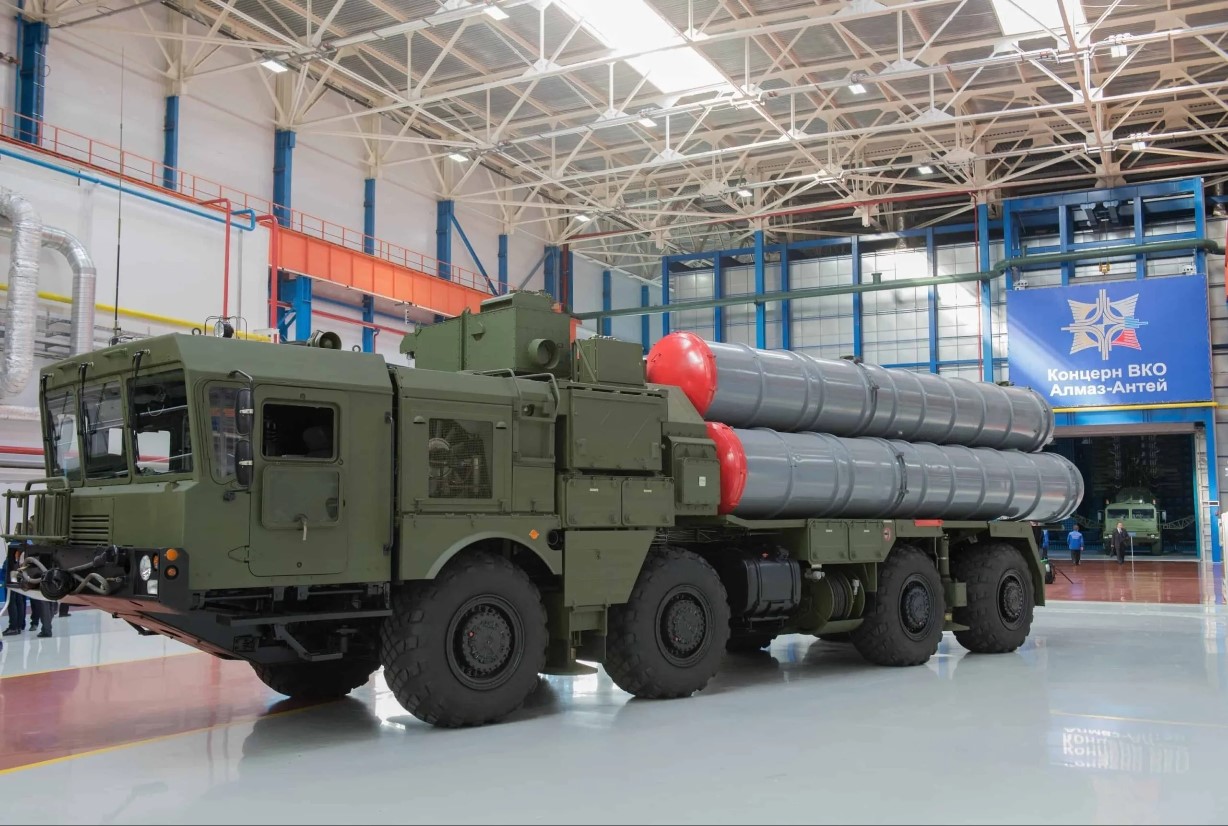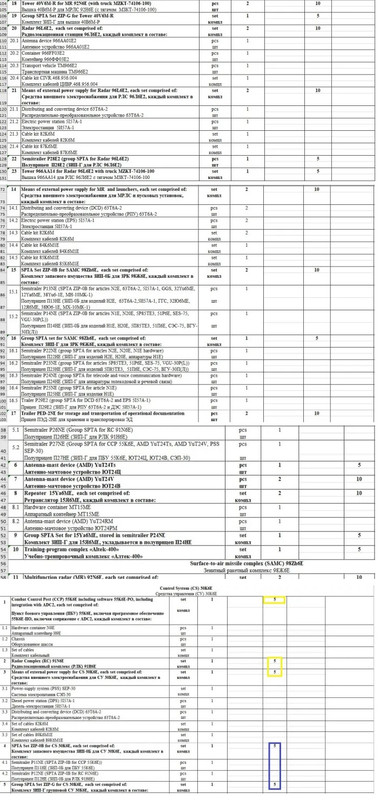Ukraine Hacker Leak Reveals Sensitive Details of Russian-Indian S-400 Deal

In a stunning turn of events, a Ukrainian hacker group known as Cyber Resistance, in collaboration with InformNapalm, an international intelligence community, released a series of publications under the banner BaumankaLeaks on July 15, 2024. These leaks, derived from the hacked emails of high-ranking Russian officers, have exposed sensitive details about various Russian-Indian defense contracts, most notably the highly publicized S-400 missile systems deal.
The timing of the release is no coincidence. It coincided with a diplomatic skirmish between India and Ukraine, where the Indian Ministry of External Affairs summoned the Ukrainian ambassador. This followed Ukrainian President Volodymyr Zelensky’s sharp condemnation of Indian Prime Minister Narendra Modi's meeting with Russian President Vladimir Putin, which occurred amidst a Russian missile strike on a children’s hospital in Kyiv. In retaliation, InformNapalm decided to disclose extensive details about the Russian-Indian defense contracts, initially intended to be released in a redacted form.
The S-400 “Triumf” deal, signed in 2018 during one of Putin’s visits to India, was celebrated as a major success for the Russian defense industry. The contract, worth over $5 billion, was not just a financial transaction but a strategic maneuver to deepen India’s dependency on Russian military technology. It included long-term training for Indian specialists, ensuring that India remained reliant on Russian expertise for future upgrades.
Despite the high hopes pinned on this deal, it soon ran into several obstacles. Repeated delays, often attributed to Russia’s own needs and its ongoing war against Ukraine, plagued the project. Nonetheless, Russia has remained committed to fulfilling the contract, keen on maintaining its strategic influence over India.
The leaked emails revealed an astonishing level of detail about the S-400 systems. They included detailed inventories, specifying the quantities and codes of all components, including spare parts. The documents also listed the exact number of munitions that Russia would supply to India. One particularly revealing email, sent by Vladimir Chervakov, the head of the Air Defense Department at Bauman Moscow State Technical University, to faculty members, provided a comprehensive breakdown of the S-400 divisions.

This leak is more than just an embarrassment for Russia; it underscores the nation's inability to secure sensitive information, posing a direct threat to the security of its partners. By exposing these detailed defense contracts, the leak serves as a stark warning for countries engaging in military agreements with Russia. It also raises serious concerns about the confidentiality and integrity of defense-related transactions in today’s volatile geopolitical climate.
The BaumankaLeaks incident highlights critical vulnerabilities in Russia’s handling of sensitive defense information, potentially jeopardizing its international military partnerships. The repercussions of this leak could be far-reaching, affecting not only the immediate stakeholders but also the broader dynamics of global defense collaborations.


